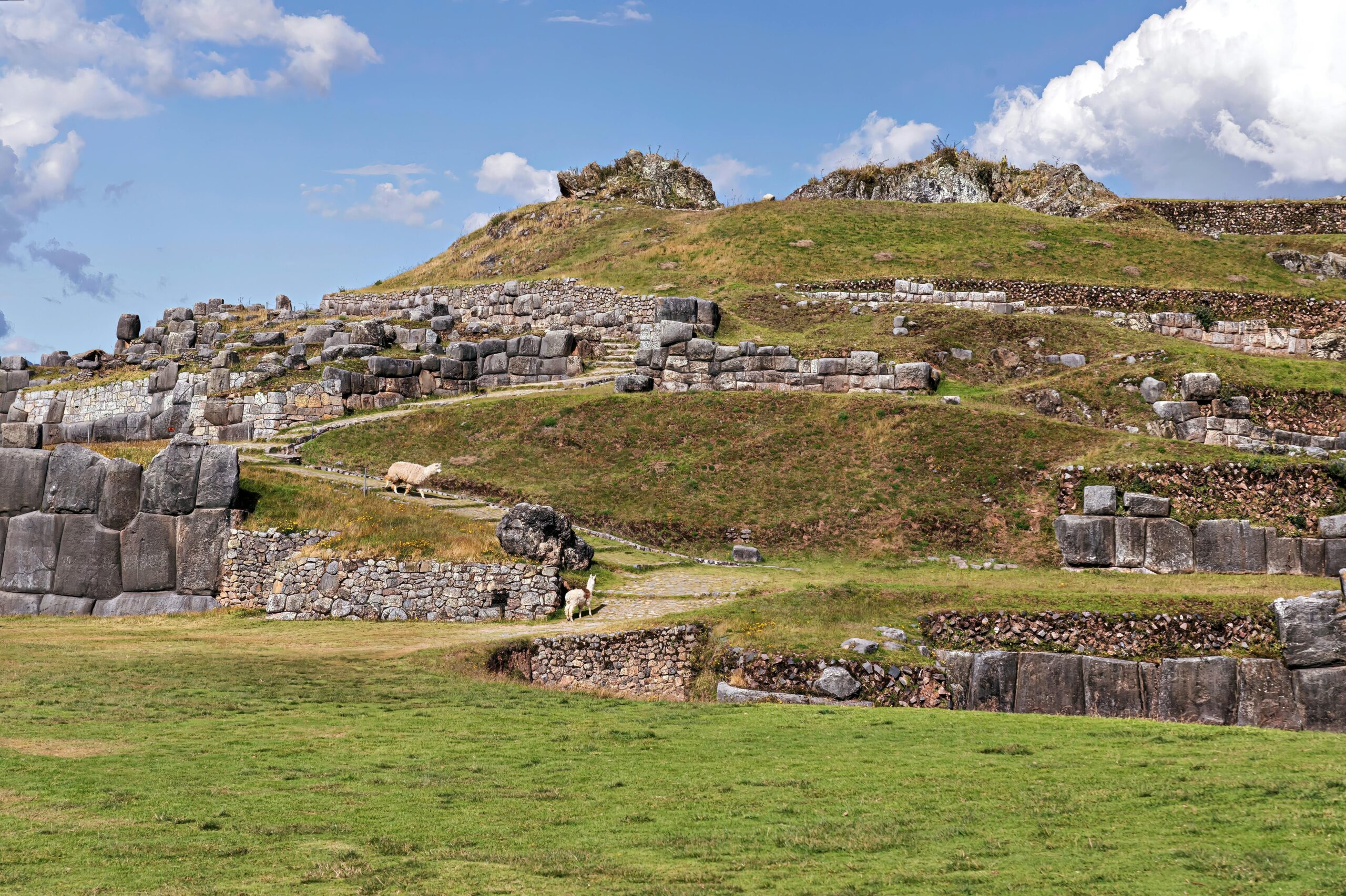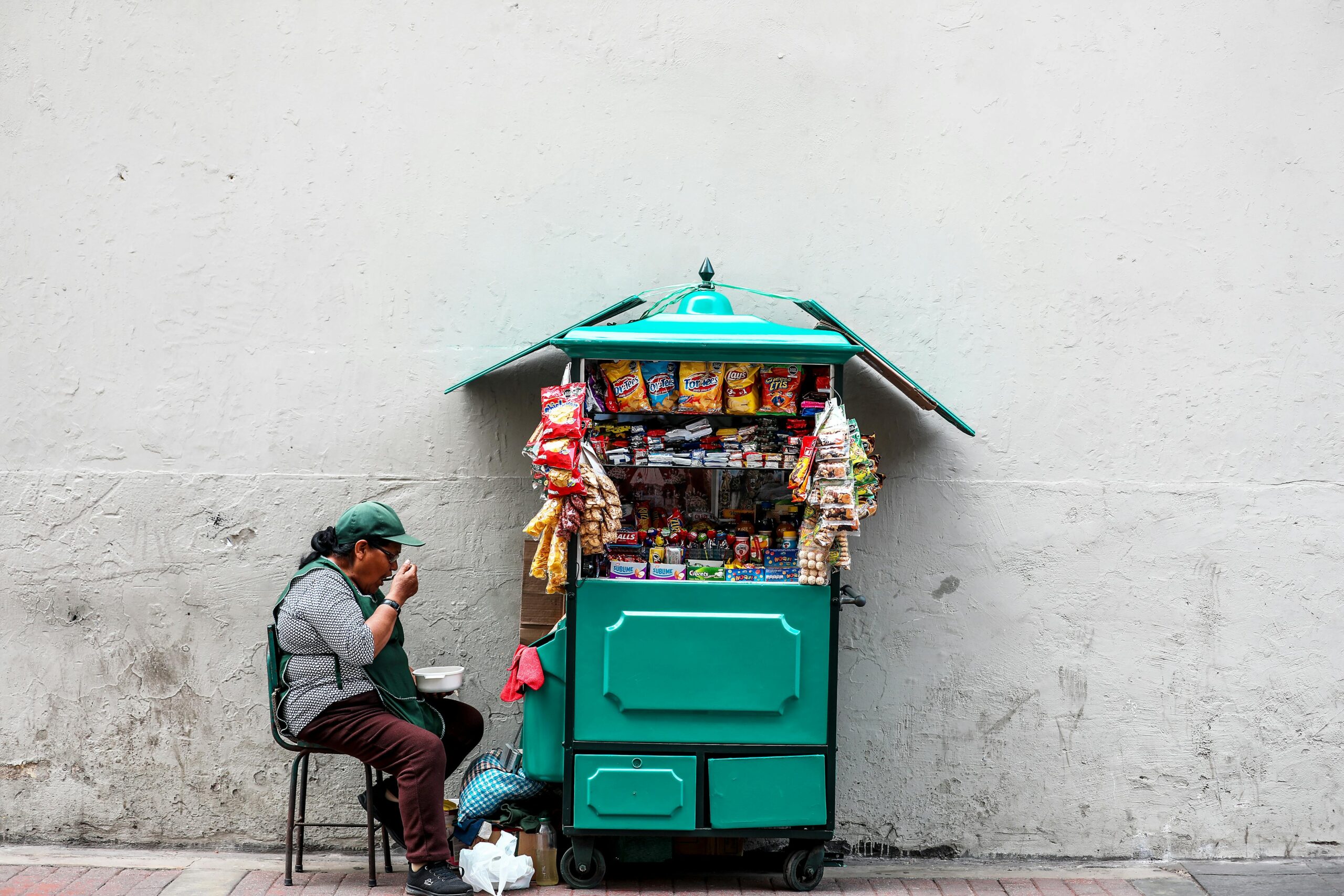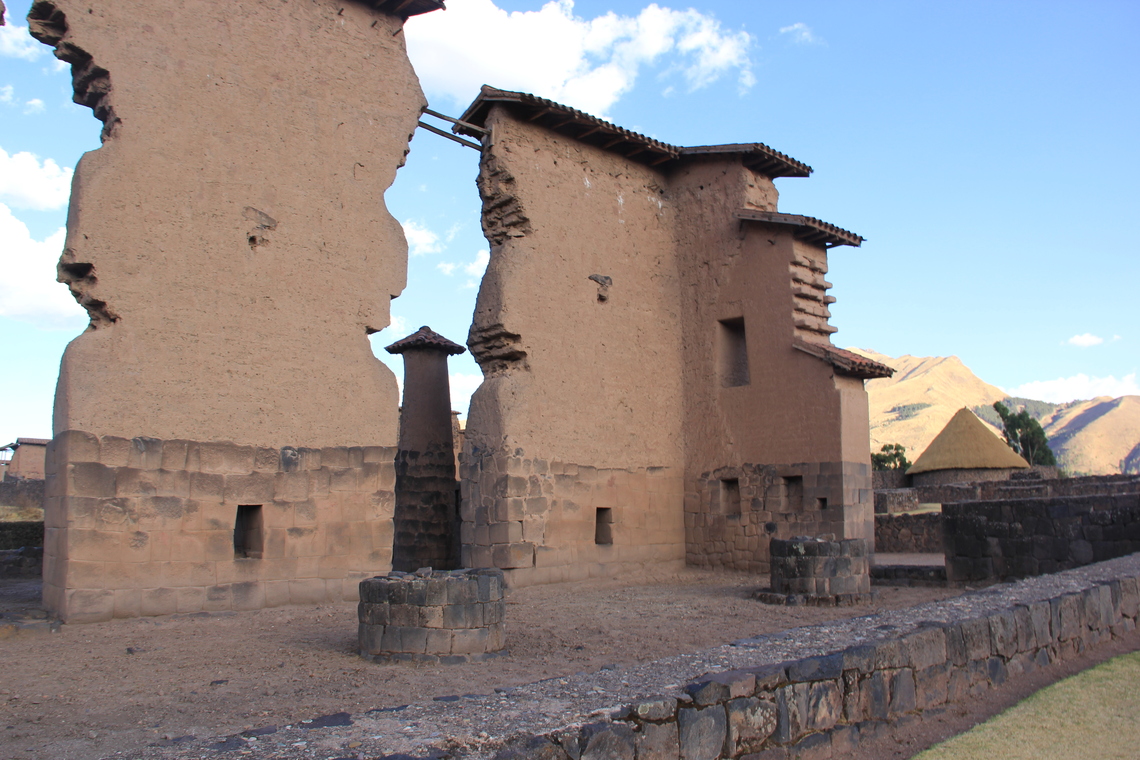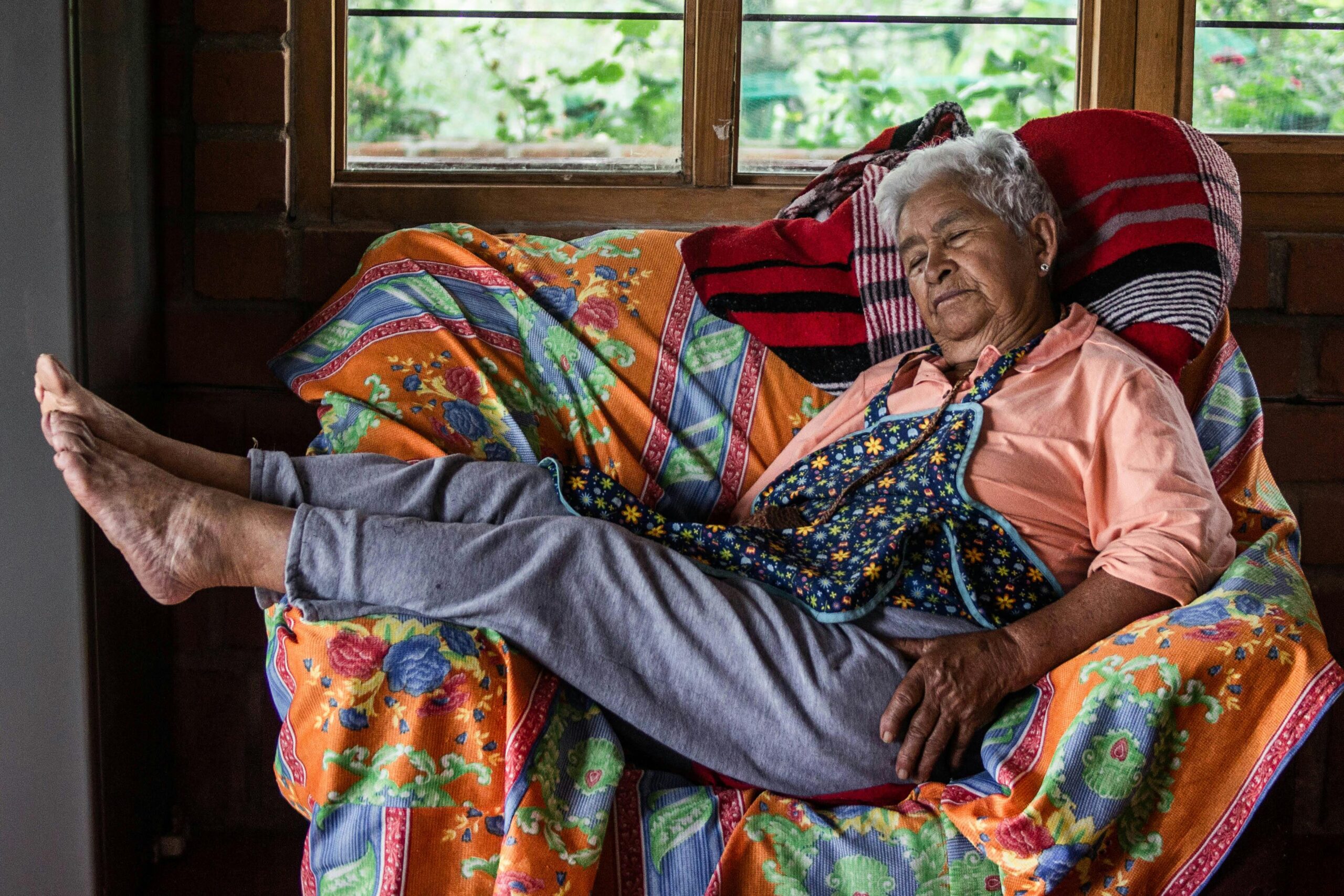Our advice for a safe and confident trip
It’s a question that comes up often when we talk with travelers preparing their trip:
“Is Peru a safe country? Am I at risk there?”
It’s completely normal to ask yourself this before traveling far from home. Traveling to South America can raise some concerns, especially when you read everything and its opposite online. But rest assured: with a bit of common sense, some precautions and the right information, Peru is a perfectly welcoming and accessible destination.
In this article, we share our honest experience of everyday safety and give you a few health tips to avoid any problems during your trip.
Safety in Peru: what you need to know
A safe country in tourist areas
In the areas that most travelers visit — such as Cusco, Machu Picchu, Arequipa, the Sacred Valley, Lake Titicaca, the Pacific Coast or the Amazon — safety is generally good. There is a strong tourist presence, and local authorities pay special attention to these places.
Peruvians are warm, attentive, and very respectful toward visitors. You feel comfortable walking around Cusco or Arequipa, even in the late afternoon.
At Escápate, we’ve lived here for several years. We welcome travelers from around the world, and in the vast majority of cases, everything goes smoothly.
Basic precautions to follow
That said, as everywhere, it’s important to stay alert, especially in large cities like Lima.
Here are a few simple tips:
Avoid displaying valuables (camera, phone, jewelry) openly in the streets.
Don’t walk alone at night in poorly lit or quiet neighborhoods.
Use safe transport options: hotel taxis, Uber, Beat, or other local apps.
Always ask your accommodation or a trusted local if there are any areas to avoid.
Pickpocketing can happen, especially in busy markets or intercity buses. Keep your belongings close, and if possible, use a front-facing bag.
In short: nothing alarming, just a few smart habits, as you would have in Paris, Barcelona, or Rome.
Health concerns: better safe than sorry
Peru does not pose any major health risks, but its altitude, climate, and cuisine can surprise those who are not used to them.
Altitude sickness
This is the most common issue when arriving in Cusco (3,400 meters above sea level) or going on a trek in the Andes.
What’s called soroche here can cause headaches, fatigue, nausea, or shortness of breath in the first few days.
A few tips:
Give your body time to acclimate (avoid physical exertion at first).
Drink plenty of water.
Limit alcohol and heavy meals at the beginning.
Coca tea is a traditional remedy that can help relieve symptoms.
If you’re concerned or planning to go to very high altitudes, some doctors may prescribe preventive medication.
Rest assured: most travelers experience mild and temporary effects. After two or three days, you’ll feel back to normal.
Food and water safety
Digestive issues are the most common health problem for travelers. Peruvian food is delicious, but it can surprise a European or North American stomach.
Here are a few precautions:
Never drink tap water. Stick to bottled or filtered water.
Avoid ice in non-tourist places.
Don’t eat raw fruits or vegetables unless you’re sure they’ve been washed properly.
Be cautious with street food — some stands are great, others are best avoided (we can help you find the good ones).
- Having a small kit of digestive meds (anti-diarrhea, probiotics, rehydration sachets) can be useful, just in case.
Vaccines and mosquitoes
No vaccines are required to enter Peru, but some are recommended: typhoid fever, hepatitis A and B, in particular.
If you’re going to the Amazon, protection against malaria may be considered (ask your doctor). In any case, a good mosquito repellent is essential in humid areas.
In conclusion: a country to discover without fear, but with common sense
No, Peru is not a dangerous country. It simply requires a bit of attention, like any travel destination. By taking a few precautions, listening to local advice, and paying attention to how your body reacts, you’ll enjoy a rich and rewarding experience with no bad surprises.
Traveling always means stepping out of your comfort zone a little. And that’s exactly what makes Peru so unforgettable: breathtaking landscapes, living traditions, welcoming people, and immense diversity.
If you have any questions about safety or health during your trip, we’re here to guide you, advise you, and help ensure that your experience is as beautiful as it is peaceful.




